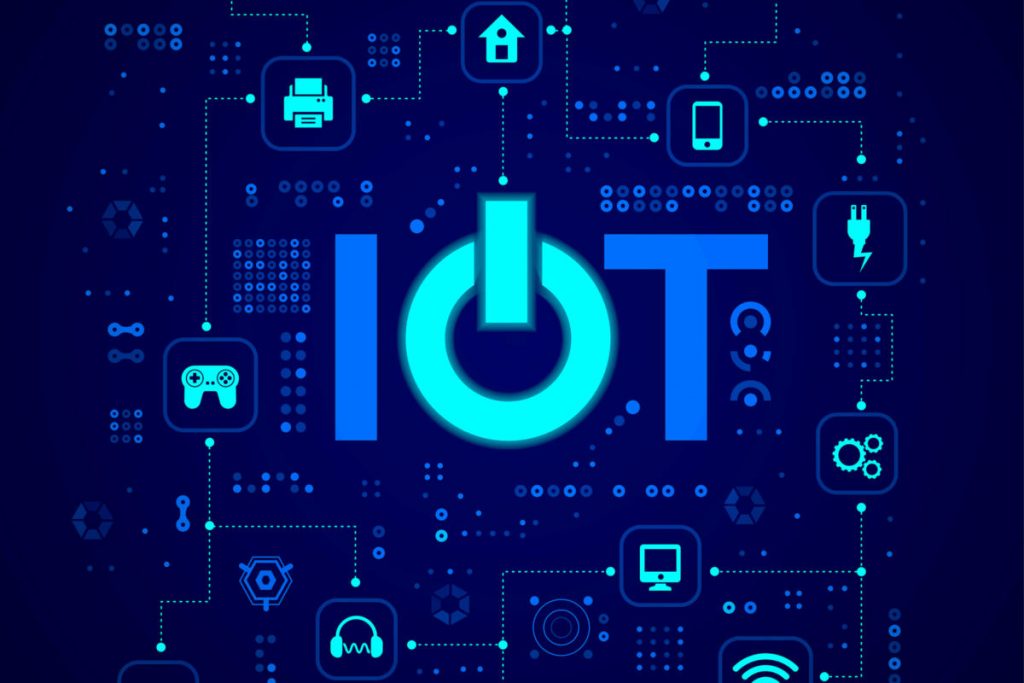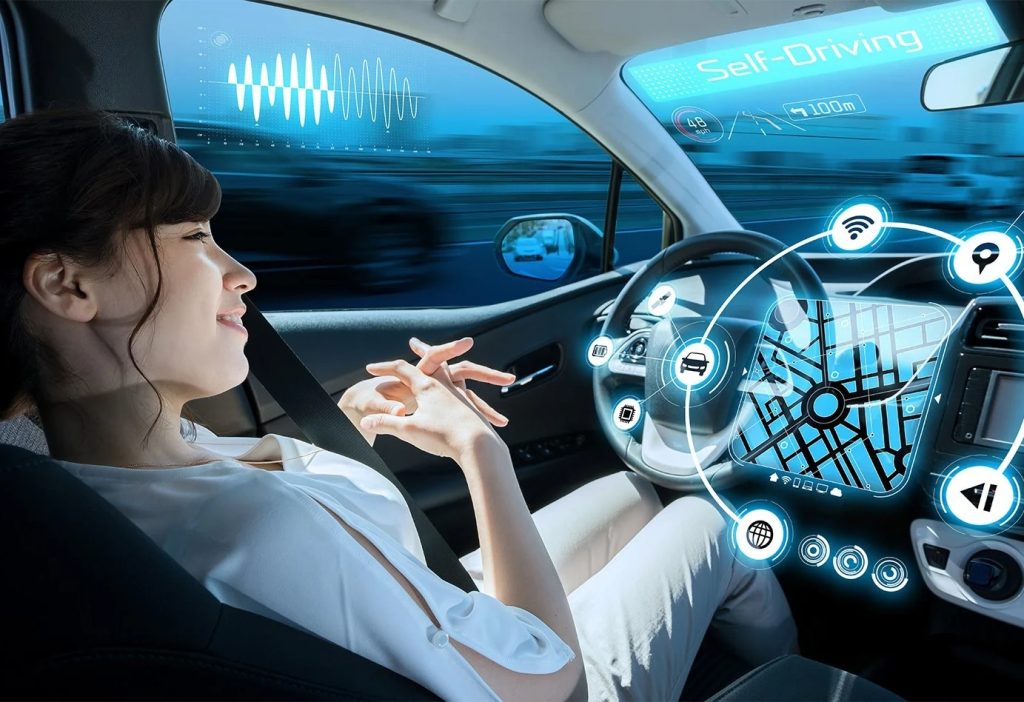The world we live in today vastly differs from what it was just a few decades ago, and much of that change can be attributed to technological advancements. Technology has transformed how we communicate, work, and play, from smartphones to social media. And with breakthroughs happening all the time, it’s clear that we’re only scratching the surface of what’s possible.
In this article, we’ll take a closer look at seven cutting edge technologies that have the potential to disrupt entire industries and change the way we live our lives. While some of these technologies are still in the experimental stage, they’re all poised to make a significant impact shortly.
Read More: New Technologies Will Change The Business in 2023
Contents
Seven Amazing Cutting Edge Technologies
Artificial Intelligence

Artificial intelligence (AI) has been around for decades, but recent advancements in machine learning and deep learning have made it more powerful. AI is already used in various applications, from voice assistants like Siri and Alexa to self-driving cars and predictive analytics.
One of the most promising areas of AI is in healthcare, where it’s being used to develop new drugs, diagnose diseases, and even assist with surgeries. AI is also used to improve manufacturing processes, optimize supply chains, and streamline customer service. As AI continues to evolve, we expect to see even more innovative applications emerge in the years ahead.
Internet of Things (IoT)

The Internet of Things (IoT) is a network of interconnected devices that can communicate with each other and exchange data. This includes everything from smart home devices like thermostats and security cameras to industrial sensors that monitor manufacturing equipment.
The potential applications for IoT are virtually endless, from optimizing energy consumption in buildings to improving the efficiency of logistics networks. As more and more devices become connected, we can expect to see a wide range of new use cases emerge.
Quantum Computing
Quantum computing is a new type of computing that uses quantum mechanics to perform calculations. While still in its infancy, quantum computing has the potential to revolutionize industries ranging from finance to drug discovery.
One of the most promising areas of quantum computing is cryptography, which could be used to develop unbreakable encryption systems. Quantum computing could also optimize supply chains, simulate complex systems, and create new materials.
Blockchain Technology
Blockchain technology is a distributed ledger system that securely stores and transfers data. While most commonly associated with cryptocurrencies like Bitcoin, blockchain has many potential applications beyond finance.
For example, blockchain could be used to track supply chains, verify the authenticity of luxury goods, and even store medical records. And because it’s a decentralized system, it’s much more secure and transparent than traditional databases.
Augmented Reality (AR) and Virtual Reality (VR)
Augmented reality (AR) and virtual reality (VR) are two technologies rapidly gaining traction in various industries. AR overlays digital information in the real world, while VR creates a completely immersive digital experience.
AR and VR can potentially revolutionize industries like education, entertainment, and healthcare. In education, AR and VR can create immersive learning experiences, allowing students to interact with virtual objects and environments.
In entertainment, these technologies can create interactive experiences that blur the line between digital and physical reality. And in healthcare, AR and VR can train doctors and nurses, simulate surgeries, and even treat mental health disorders.
5G Networks
5G networks are the next generation of mobile networks, offering significantly faster speeds and lower latency than previous generations. With 5G, it will be possible to download a full-length movie in seconds and stream high-quality video without buffering.
But the potential applications of 5G go far beyond entertainment. 5G networks will make it possible to create connected cities where everything from traffic lights to public transportation is connected and optimized for efficiency.
5G will also enable the widespread use of autonomous vehicles, as they can communicate with each other and with infrastructure in real-time.
Autonomous Vehicles

Autonomous vehicles are self-driving cars that use a combination of sensors, cameras, and machine-learning algorithms to navigate the road. While still in the experimental stage, autonomous vehicles have the potential to revolutionize the transportation industry.
Autonomous vehicles can reduce the number of accidents on the road as they are less prone to human error. They can also reduce traffic congestion, as they can communicate with each other and optimize their routes in real-time. And because they don’t require a human driver, they can be used to transport goods and people more efficiently and cost-effectively.
Read More: Technology Trends For PT Practices In 2023: Top 4
Related FAQs
- What is the Internet of Things? The Internet of Things (IoT) is a network of interconnected devices that can communicate with each other and exchange data.
- What is blockchain technology? Blockchain technology is a distributed ledger system that can securely store and transfer data.
- What are autonomous vehicles? Autonomous vehicles are self-driving cars that use a combination of sensors, cameras, and machine-learning algorithms to navigate the road.
- What is 5G? 5G is the next generation of mobile networks, offering significantly faster speeds and lower latency than previous generations.
- What is quantum computing? Quantum computing is a new type of computing that uses quantum mechanics to perform calculations, potentially revolutionizing industries ranging from finance to drug discovery.
Conclusion
These seven cutting edge technologies are just a few examples of the exciting innovations that are emerging in today’s world. From AI to autonomous vehicles, these technologies can potentially transform entire industries and change how we live our lives. While some of these technologies are still in the experimental stage, it’s clear that they’re all poised to make a significant impact shortly.



